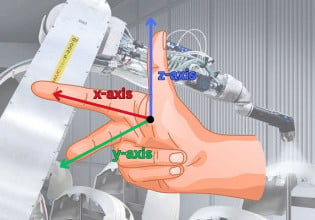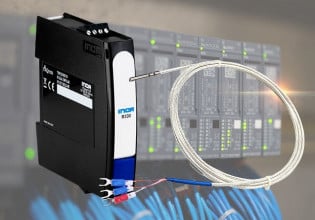N
Hello,
I have a few questions for ya all. I am a recent Bachelors of Science in Electrical Engineering graduate. My concentration was more towards hardware and circuitry design but I had some experience with PLC's during my course work so I know the basics. A friend asked me if I could train some maintenance personal to backup the ladder logic program for some PLC's that came with the machines from the vendor. Also, to upload/download and make minor changes to the ladder logic program when needed. From what he has mentioned to me, they are tired of contacting the vendor for copies of the program when a machine "goes down" and to save money from bringing in a third party to reinstall or modify the program. These machines are used for making and printing on corrugated boxes.
My question(s); are there usually copyrights or EULAs that apply to the ladder logic programs that control the machinery? What would be a typical price to charge to train maintenance personnel on 2-3 shifts?
I am not sure about the rights that the third party may or may not have and my friend is also not sure if any copyrights or license agreements exist. Basically, I do not want to violate any legal or ethics issues. As a first step to check things out I stopped by here to see if you have any experience or information in this type of contract work.
Thank you for reading and for any replies.
I have a few questions for ya all. I am a recent Bachelors of Science in Electrical Engineering graduate. My concentration was more towards hardware and circuitry design but I had some experience with PLC's during my course work so I know the basics. A friend asked me if I could train some maintenance personal to backup the ladder logic program for some PLC's that came with the machines from the vendor. Also, to upload/download and make minor changes to the ladder logic program when needed. From what he has mentioned to me, they are tired of contacting the vendor for copies of the program when a machine "goes down" and to save money from bringing in a third party to reinstall or modify the program. These machines are used for making and printing on corrugated boxes.
My question(s); are there usually copyrights or EULAs that apply to the ladder logic programs that control the machinery? What would be a typical price to charge to train maintenance personnel on 2-3 shifts?
I am not sure about the rights that the third party may or may not have and my friend is also not sure if any copyrights or license agreements exist. Basically, I do not want to violate any legal or ethics issues. As a first step to check things out I stopped by here to see if you have any experience or information in this type of contract work.
Thank you for reading and for any replies.






